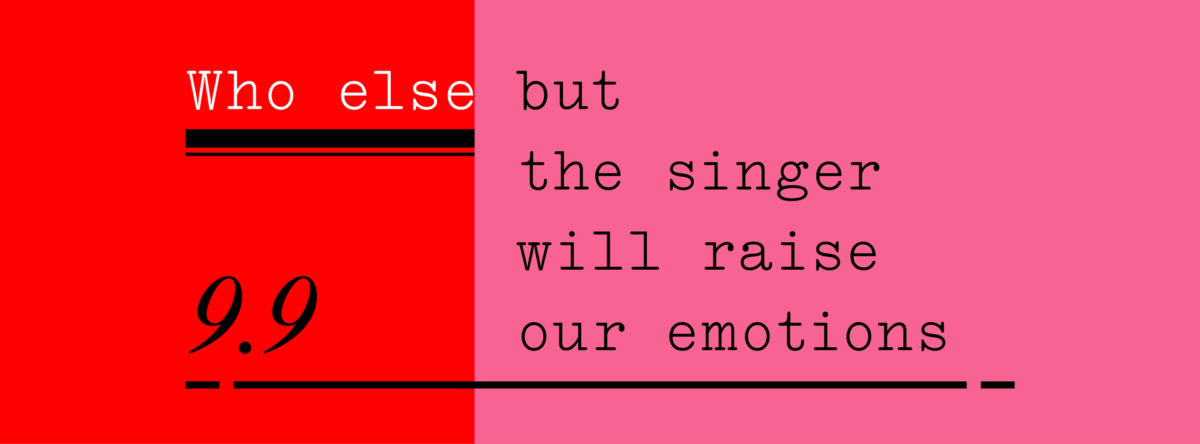Affective Infrastructures: Chronic Film and Decolonial Image Artefacts
Lecture performance and meeting with artist Alexandra Anikina
Alexandra (Sasha) Anikina is an artist and media theorist whose work focuses on image politics, algorithmic imaginaries and myth-making, feminist STS, and technological conditions of governance, labour, and affect. She is a Senior Lecturer in Media Practices at Winchester School of Art (University of Southampton). Anikina works with moving image, computer simulation and lecture-performances, investigating affect, image politics, labour and temporalities in digital culture. The persistent themes in her practice involve procedural animism, algorithmic imaginaries, digital folklore and post-socialism.
During the meeting Alexandra will talk about her practice and present the lecture performance Chronic Film. Chronic Film (2019) is a generative algorithm that plays all possible images or all combinations of pixels that can be generated on a screen of a certain resolution. With the current resolution, the film will last for billions of years.
The lecture performance takes the mythology and the history of the colonial archaeology of the museum island of Delos, Greece, as a starting point, engaging in parallel thinking of images as archaeological and as technical artefacts. Sprawled between screensavers, game landscapes and documentary footage, it approaches the issue of commodification of images caught in the loop of attention economy and draws connections to the intent and distracted modes of seeing. Finally, using the algorithm of Chronic Film, the lecture performance breaks the consumerist model of spectator-screen relationship, entering, instead, a hallucinatory state of mental imagery and image-word sensing.
The exchange program was initiated by Mint and after_red in 2021. As a continuation of the project, six artists and one curator from Russia are invited to residencies in Stockholm during the period of October 2022–November 2023. This residency aims to support individual artistic practices, encourage collegial conversations in two different art contexts, and discuss the condition for contemporary art and thought today within dramatically shifting cultural and civil environments.

